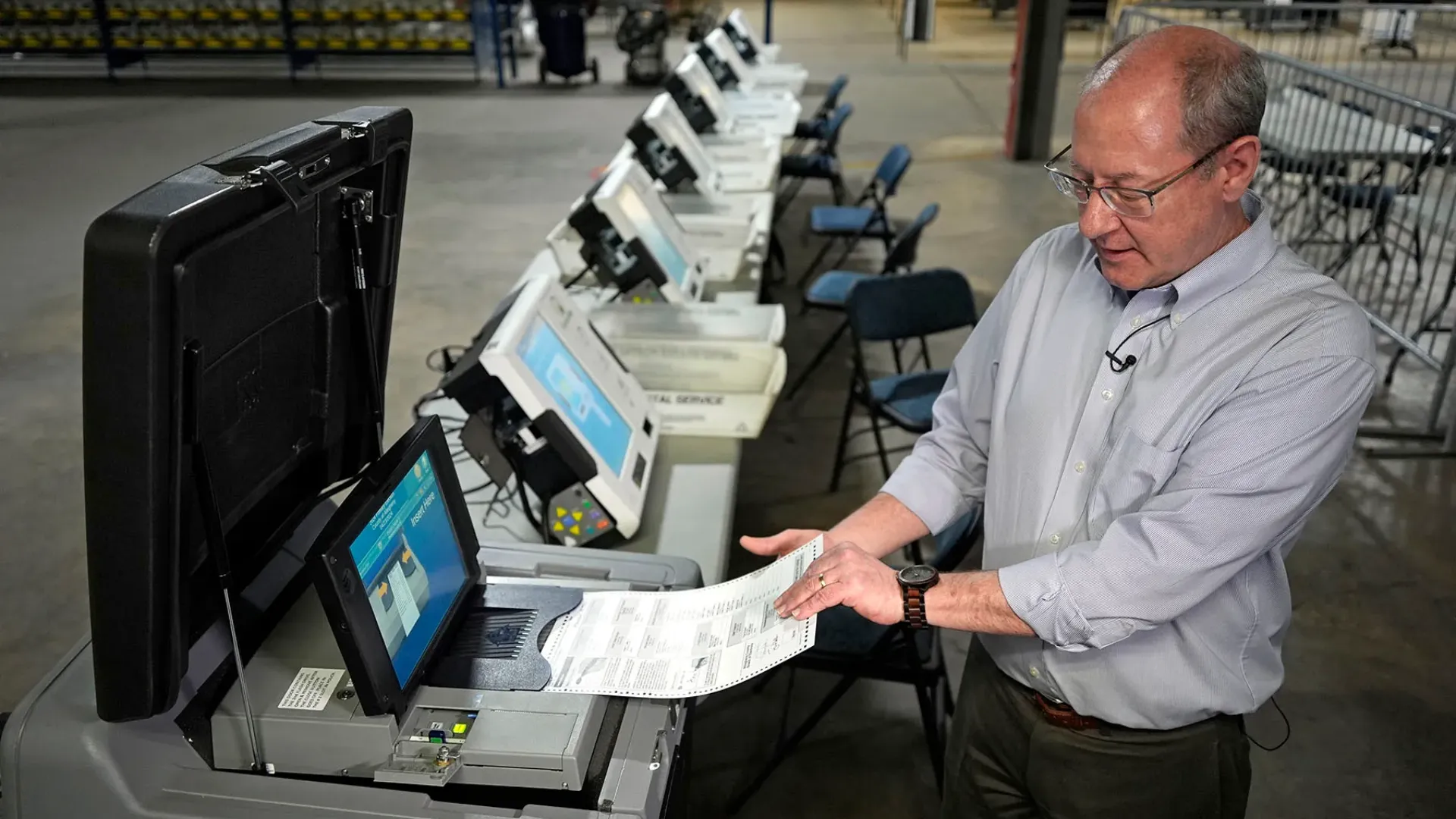
Kim Kardashian at the 2024 Met Gala
In an exclusive essay published by NBC News, Kim Kardashian has publicly urged the American justice system to reconsider the life sentences of brothers Lyle and Erik Menendez. Following a recent prison visit, Kardashian shared her profound feelings about the two men, who were convicted for the murders of their parents in 1989. She argues that, despite their past crimes, Lyle and Erik are not the monsters many perceive them to be.
Kardashian recounted her extended visit with Lyle and Erik at a California prison three weeks ago. In her essay, she affirmed, “I spent time with Lyle and Erik; they are not monsters. They are kind, intelligent, and honest men.” She emphasized that both brothers have maintained exemplary disciplinary records while incarcerated. Many might find it surprising that a high-profile figure like Kardashian would advocate for two men who committed one of the most shocking murder cases in American history. However, her support extends beyond mere personal defense. She highlighted how Lyle and Erik have sought to better themselves during their time in prison. They have earned multiple college degrees, taken on caregiver roles for elderly inmates in nursing facilities, and participated in educational programs.
Insights from Correctional Officers
Kardashian noted that one of the correctional officers mentioned to her that he would feel comfortable having Lyle and Erik as neighbors. This sentiment could be viewed as a positive indication of their character within the confines of prison life. Those who live and work around Lyle and Erik seem to recognize the admirable qualities Kardashian has described. Furthermore, she pointed out the robust support they have received from their family. Twenty-four family members, including siblings of their deceased parents, have publicly expressed their support for the release of Lyle and Erik. This not only reflects familial love but also creates significant social pressure on the justice system to reconsider their sentences.
In her essay, Kardashian addressed the psychological trauma that both brothers have endured throughout their lives. Their experiences are not merely family tragedies; they represent layers of pain that few can truly comprehend. Having lived in an environment rife with violence and abuse, these circumstances contributed significantly to the regrettable actions of their past.
Kardashian did not hesitate to point out that viewing Lyle and Erik as “monsters” only widens the gap between society and victims of domestic violence. She hopes that society will adopt a more open-minded approach to understanding and empathizing with the stories behind criminal cases.

Actors Cooper Koch and Nicholas Alexander Chavez play the Menendez brothers
Hope for the Future
Ultimately, Kardashian expressed her hope that the life sentences of Lyle and Erik might be “reexamined” for the benefit of the boys “who lost their childhood, who never had the chance to be heard, helped, or rescued.” This is a powerful message about redemption and the restoration of human rights. She wants people to recognize that, despite their past crimes, Lyle and Erik could still become better individuals if given a chance. Kardashian asserted that reviewing their sentences is not merely about granting freedom to the two brothers, but also about a significant step toward reevaluating how society treats those who have committed crimes. A new life may not be an impossible dream, provided that society is willing to extend them that opportunity.
Kim Kardashian's call to action is not just a defense of the Menendez brothers. It carries a broader message about humanity, empathy, and the necessity for rehabilitation for those who have erred. In a world filled with prejudice and injustice, it is hoped that this narrative will help foster a dialogue about second chances, opportunities, and transformation. Kardashian compels us to rethink how we view those who have committed crimes and prompts us to question the nature of justice and forgiveness. Perhaps, through such actions and words, we can move closer to a more equitable and compassionate society.
As the conversation continues, Kardashian’s stance could pave the way for a broader understanding of the complexities surrounding criminal behavior. Society must grapple with the uncomfortable truths about trauma, accountability, and the potential for change. The Menendez brothers' story is one of tragedy and resilience, a reminder that behind every headline lies a deeply human narrative. In the end, Kardashian’s advocacy raises important questions about the nature of punishment and redemption. Can we truly create a just society without acknowledging the intricate web of circumstances that lead individuals to commit crimes? Can we extend empathy and understanding to those who have lost their way? By confronting these questions, we take a step towards a more humane approach to justice—one that embraces healing, understanding, and, ultimately, forgiveness.

-1728444199-q80.webp)

-1728270195-q80.webp)